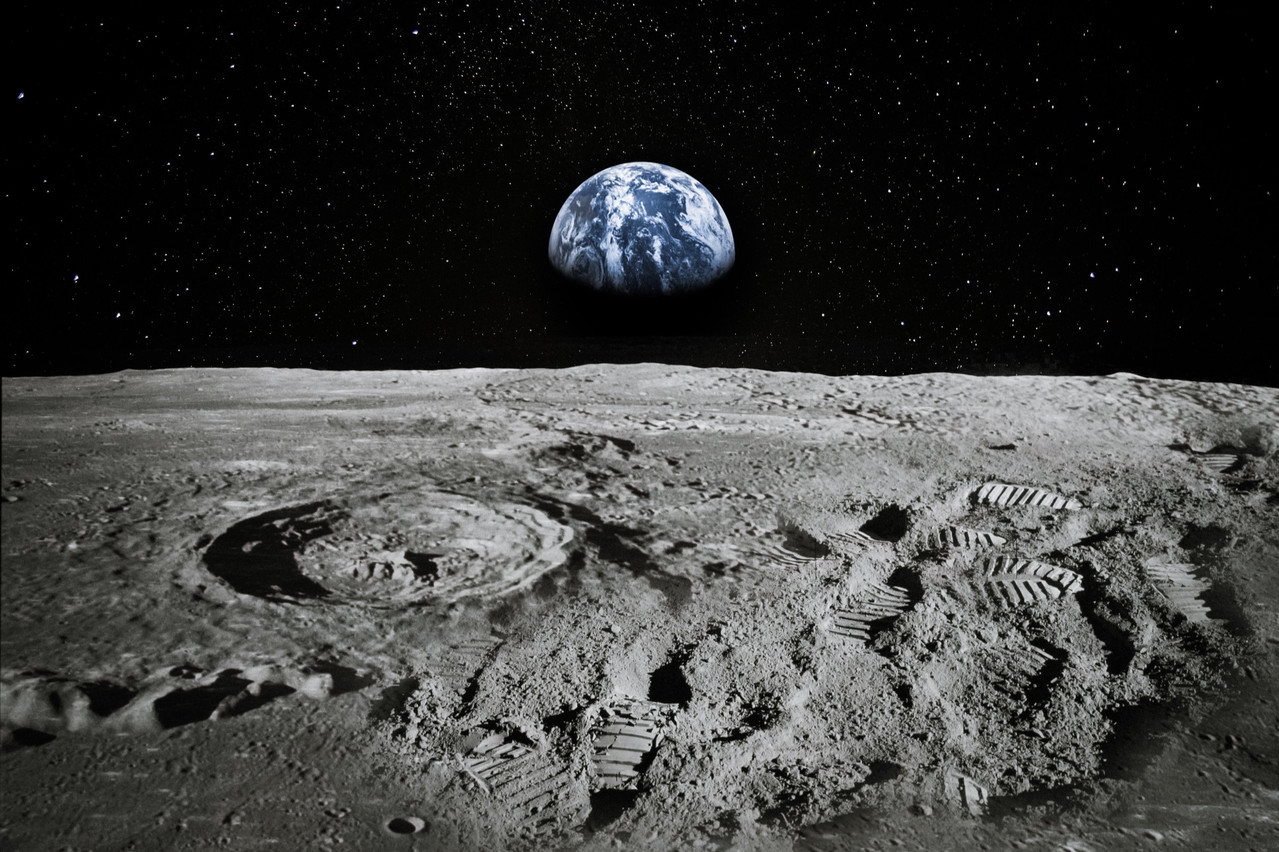Even though the media gets excited every time tech giants send a privileged few into Earth orbit, the colonisation of the moon remains a faraway prospect. It could happen sooner than previously thought, though, if entrepreneurs join forces with researchers to develop an ecosystem around this idea.
“Imagine it is the year 2040. An international space colony exists on the moon which houses 50 inhabitants (scientists, engineers, etc) at all times and is planned to be expanded to a 1,000-person capacity in the ten following years.” This prompt--found on the Space Hack official website--will guide the event and its participants during the virtual event on 12, 13 and 14 November 2021.
For three days, teams will have to work on one of the following topics and present a project:
—Lunar space access (lunar orbit-to-surface transport for crew and cargo)
—Lunar observation and communication (remote sensing, PNT, IoT)
—Lunar habitation (habitat manufacturing, construction, agriculture, sustainable life support solutions)
—Lunar power (production, storage, distribution of energy to support)
—Lunar orbital services (satellite repair, debris, orbital refuelling, orbital manufacturing)
—Lunar resource extraction (extraction, processing, storage solutions)
Three informative webinars, including one on Thursday 14 October, will be held. .
This article in Paperjam. It has been translated and edited for Delano.
